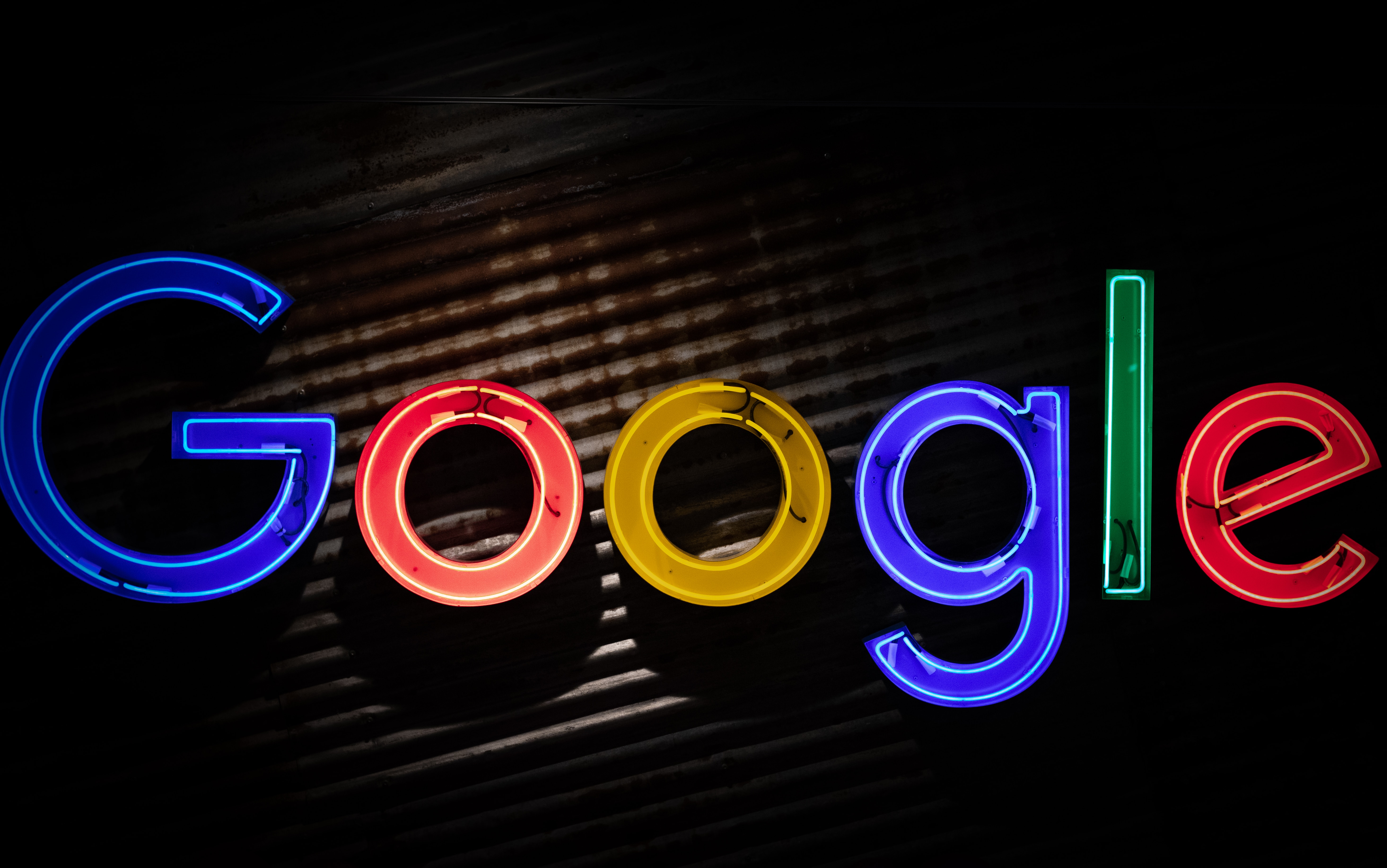Are you wondering what will happen to Google Search if ChatGPT becomes dominant in the future? Are you also wondering whether creating websites will still be worth it? Then don’t worry! Google may have the answer with their Google Discover platform!
Google Search should need no introduction, it is so common that even googling became a commonly used term. ChatGPT and Google Discover however may need more explanation, and that is exactly what I am going to give in the next paragraphs.
ChatGPT
ChatGPT is a platform where you can ask anything, and it will respond to your queries. This means it can answer questions, it can summarize texts, it can compare different things, it can rewrite texts in a different style, and much much more. It can pretty much do anything. It does so by using an artificial intelligence-powered language model.

That does not mean it is good at all things and you always need to fact-check, but more often than not it can be used as a starting point for further research, whether it is related to health, entrepreneurship, literature, programming, academic research, or anything else! In the future even more powerful versions will release, with capabilities currently beyond imagination.
The most notable company that has seen the rise of artificial intelligence-powered language models is Microsoft. They have invested $10 billion up till now, and are also working on integrating this technology in their Bing search engine.
ChatGPT vs Search Engines
The biggest threat that ChatGPT poses to existing search engines is that people, in the future, will not venture outside chat bots anymore, regardless of whether that chat bot is ChatGPT, Bing, or something that does not even exist yet today.
And people seemingly don’t need to venture outside anymore. The language model will be fed data from millions of websites and will make that data query-able. It works with data from sources such as Wikipedia, Reddit and pretty much all major news sites. ChatGPT 3 is even said to be trained on 45 TB of data, and undoubtedly ChatGPT 4 is trained on even more data.
This is a problem, because then websites will not get as many visits anymore as they used to. This in turn will decrease the monetization capabilities of all kinds of websites, and thus their creators will likely turn to other sources of income. But these language models need human-created text input for their datasets! Do you see the paradox already?
Google Discover
Not all is lost however! With Google Discover articles are being more actively pushed to potential readers, and it is working!

When you use the Google search bar or the Chrome browser you will see articles that Google has recommended to you based upon your interests and your previous searches.
This means that once again, even if chat bots take over the search landscape, people will be reading human-made articles on websites. In turn more advertisements will be shown, and Google will be able to monetize that as they have done before, even though their traffic will come from a different source.
Conclusion
I fully expect Google to create their own successful ChatGPT counterpart. They have already created Bard, but they will need to step up their game if they want to compete with ChatGPT in the future.
For the meanwhile, I do think that website traffic is still safe. ChatGPT has not taken over the world yet, and with Google Discover there still is a very plausible way to attract visitors to human-made content on websites. Of course it will hurt Google’s earnings if less traffic comes via Google Search, but they will not succumb because of this.
This all is also good news for blogs, like the very one you are reading right now, because that means there will still be traffic reaching blogs and thus people will read them. And that is good news for the authors! It means their articles are actually being read, and can be monetized as well.

Interested in more articles from my blog? Consider subscribing to the newsletter on my Home page.

Leave a Reply